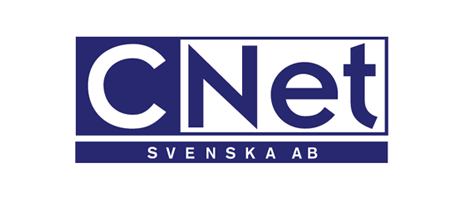CNet Svenska AB has created another new Spinn-off company, CheckHealth, to commercialise the results from our innovation project PICASO.
CheckHealth is a Medtech company focused on developing and marketing products and services for remote care and patient data collection according to Peter Rosengren CEO of CNet.
Healthcare organisations require that care management of patients with chronic conditions need to be more personalised and cost-effective. CheckHealth meets these requirements with a secure remote monitoring platform for health data collection, including FHIR (Fast Healthcare Interoperability Resources) care plans, wireless devices for vital signs monitoring, smart wearables for behaviour monitoring and intelligent digital assistants for self-assessments.


